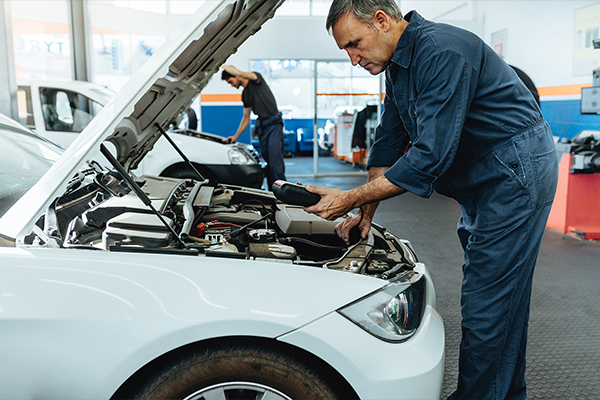Understanding Legal Standards for Vehicle Inspections
Vehicle inspections are a critical component in ensuring road safety and environmental compliance. Legal standards for these inspections can vary significantly by region, but they generally focus on key areas such as emissions, safety features, and overall vehicle condition. A mechanic plays a crucial role in this process, as they are often responsible for conducting these inspections and certifying that vehicles meet the necessary standards. For instance, according to Wrench.com, it’s recommended to get your oil changed every 3,000 to 5,000 miles. In addition to inspecting oil, mechanics will check systems like brakes, lights, and exhaust to ensure they function correctly and meet the required safety and environmental guidelines.
Required Documentation and Procedures
When it comes to vehicle inspections, proper documentation is just as important as the inspection itself. Typically, vehicle owners must present certain documents, such as registration papers and proof of insurance, before an inspection can take place. The mechanic conducting the inspection will also need to complete specific forms that detail the results of the inspection. These forms serve as official records that the vehicle has met all legal requirements. Additionally, many regions require that inspections be carried out at certified facilities by licensed mechanics, ensuring that only qualified professionals perform these checks. By adhering to these documentation and procedural requirements, both a mechanic and a vehicle owner can ensure a smooth and compliant inspection process.
Compliance and Enforcement of Inspection Laws
Ensuring compliance with vehicle inspection laws is a shared responsibility between vehicle owners, mechanics, and regulatory authorities. Mechanics must stay updated on the latest legal requirements and inspection techniques to provide accurate and compliant services. Regulatory bodies often conduct random checks and audits to ensure that inspections are being performed correctly and that all vehicles on the road are safe and compliant. Penalties for non-compliance can range from fines to the suspension of vehicle registration, making it essential for vehicle owners to take their inspection obligations seriously. By working together, mechanics, vehicle owners, and regulatory authorities can maintain high standards of vehicle safety and environmental protection.
Understanding and adhering to the legal requirements for vehicle inspections is crucial for road safety and environmental protection. Mechanics play an indispensable role in this process, from conducting inspections to ensuring that all documentation and procedures are correctly followed. By maintaining compliance and working collaboratively, all parties involved can help keep our roads safe and our environment clean. Please contact Myers Automotive today for all your vehicle inspection needs!

